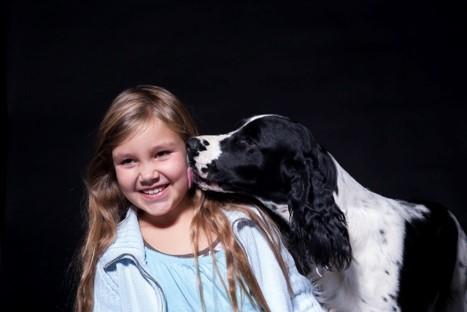
- 2 Comments
- 3,325 views

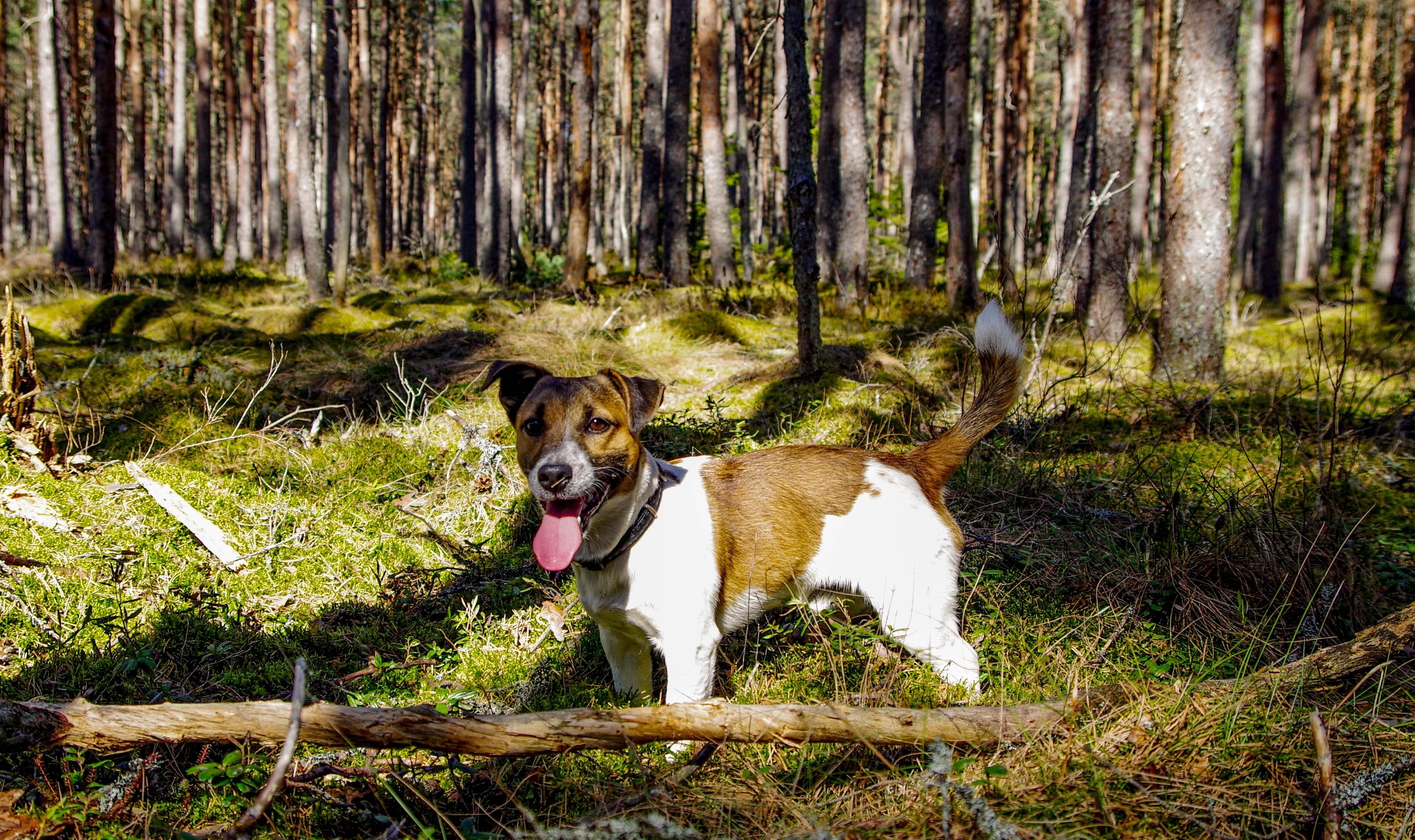





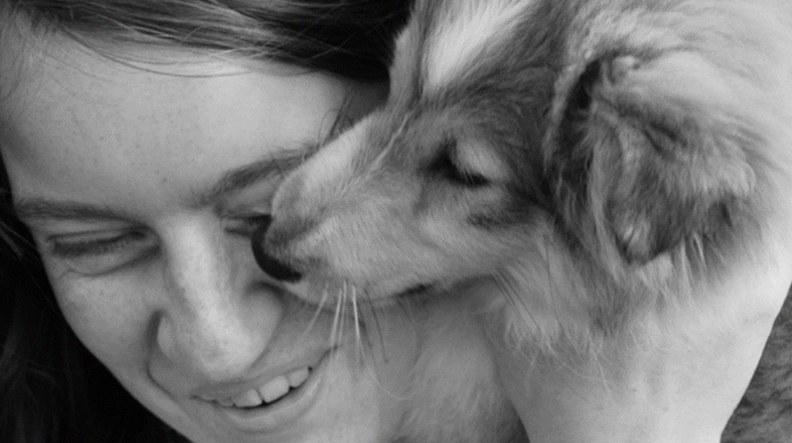


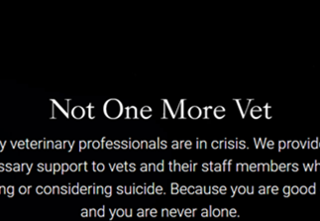


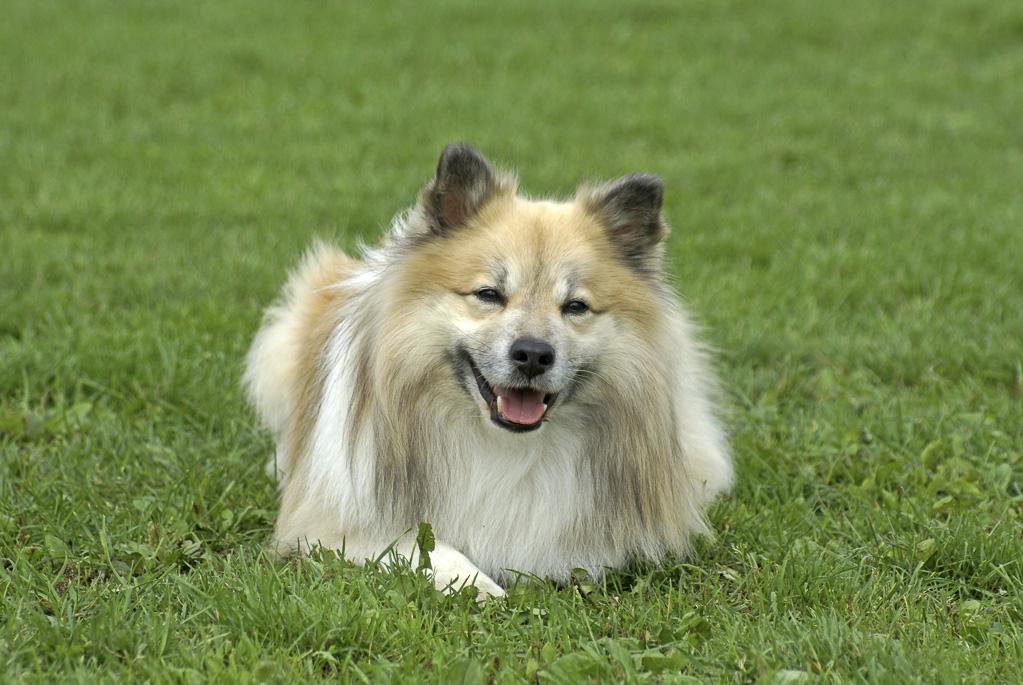





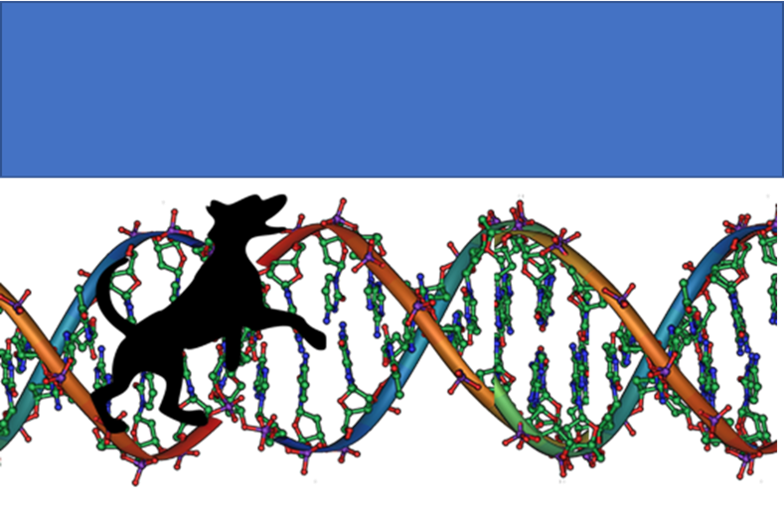
Blogs Disclaimer
The contents of these blogs are for informational purposes only and represent the opinion of the author(s), and not that of the International Partnership for Dogs (IPFD). This is not intended to be a substitute for professional, expert or veterinarian advice, diagnosis, or treatment. We do not recommend or endorse any specific tests, providers, products, procedures, opinions, or other information that may be mentioned on, or linked to from these blogs.
By using this site, you agree to our Terms of Use.